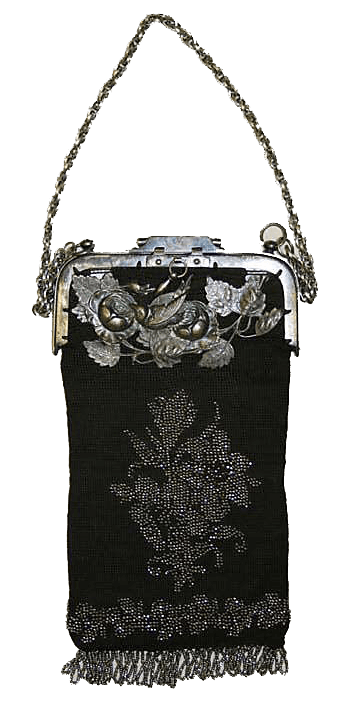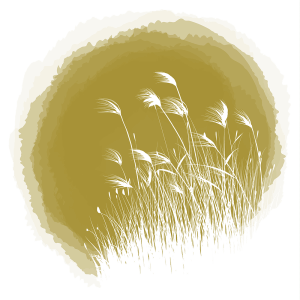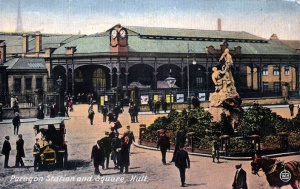
A LITTLE TASTER OF MY POETRY
POETRY
I read poetry for its sound, because they make me laugh, for their emotion and because each reading reveals a slightly different meaning.
I write poetry to describe experience whether personal, imagined or a combination.
I belong to Cannon Poets, which meets monthly in Moseley, Birmingham and publishes Cannon’s Mouth.
I belong to Second Light and attend its workshops in London and read its magazine, Artemis.
I have made friends through writing poems, have attended workshops, readings and read my own poems at events.
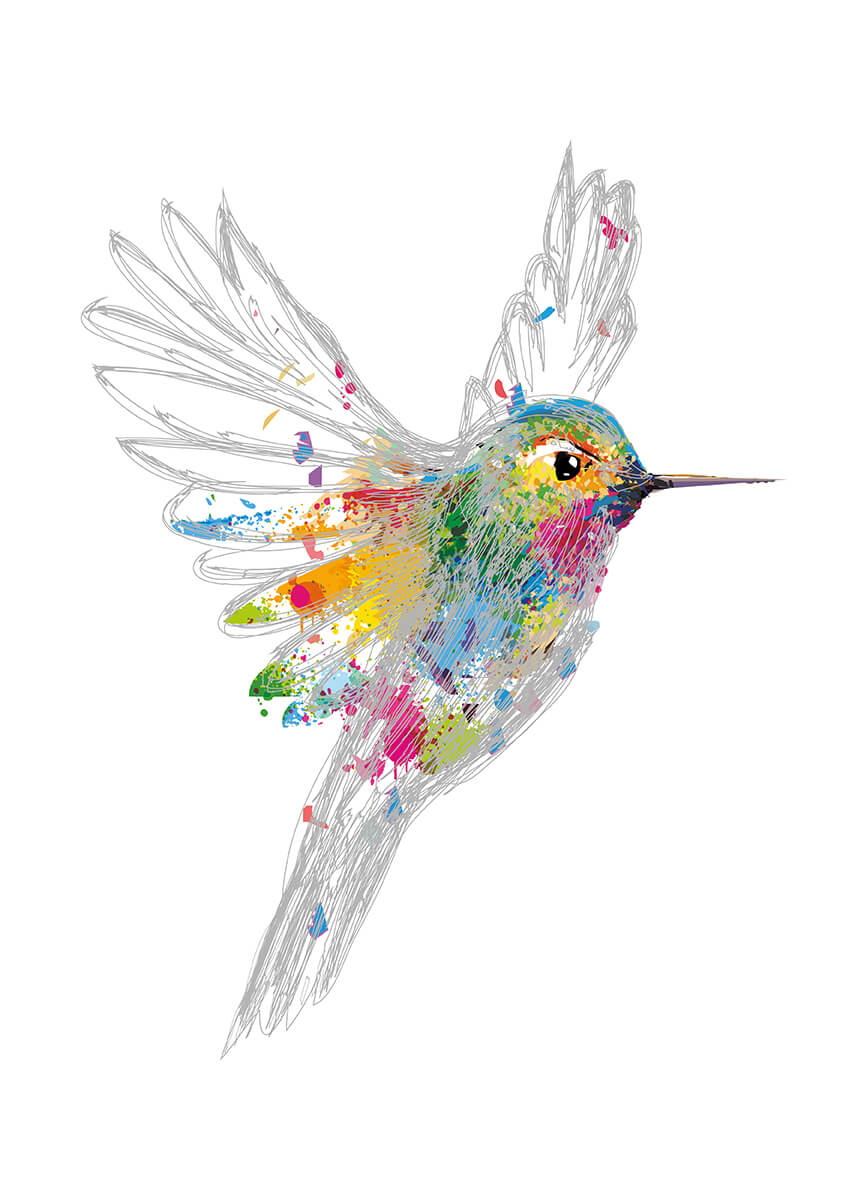
Minster Towers*
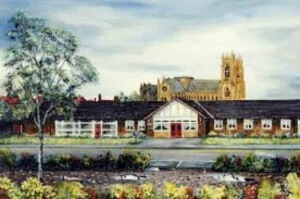 I sit where I always sit in the pink chair with wings.
I sit where I always sit in the pink chair with wings.
There are no magazines or papers here.
My mother’s eyes close, her pinnie dappled with porridge,
her hands warming mine. Blue hands.
Blue from my walk across Saturday market,
across the car park,
through the door that only lets you in.
I sit where I always sit in the pink chair with wings.
Jean shrieks, My mother died. Then my brother died. My father
he had cancer.
We drink tea. We watch the blossom blow.
I was ready to go. I wanted to go. They were mean.
We remember the sea. We talk of the waves. We feel the cold.
I got ready in my dress.
They were mean because they wouldn’t let me go.
Jean remembers the sea and its waves and wants to see them again.
My mother cradles the past like a favourite child
too wrapped in her world to risk the outside.
*Minster Towers was the name of a residential home in Yorkshire for people with dementia
Question*
This hard, upholstered chair is not mine.
Through the windows
men and women get out of cars
to go shopping.
The door is not our door.
In the corner of the room is an aquarium
Angel fish, Zebra fish and glints of colour.
We have a dog called Roger
We aren’t keen on fish.
Perfume fills the room like a disguise.
Two women in uniform
step into the room
though no-one is ill.
You frown.
You pat my lap.
I ask, ‘How are you?’
In the palm of my hand a biscuit is melting.
I lick the chocolate
as delicately as a kitten.
Next to me
an elderly couple sit close on the settee.
She slips a hand into the front of his trousers.
Leaves fly off the trees.
You are frowning.
A woman calls, ‘Time for tea.’
I get up from my chair and follow her.
A voice inside me asks
‘How did you know I was here?’
* This poem is displayed in Wilde’s Wine Bar, the Parade, Leamington Spa
Perspective
Your mother is fine!
Is she asking for me?
Does she wonder when Jan will be back from Rome
Gill from the Scilly Isles
remember what she had for breakfast?
Has she thrown away her spill proof cup, her plate with the special edge?
Has she jumped from her wheelchair
insisted her hair is cut and permed
demanded the keys to the bungalow in Bainton Close
found her purse
phoned my dad
asked him why she isn’t living at home?
My mother is fine, is she?
Ryton Gardens in Autumn
The wind waves the dipping vines
dying grasses.
Newly bare-branched trees briefly
stilled
graceful silver birch float skyward
Bamboo, triangulated, waits.
Solid structures stand attentive to the uncontainable
Masses of lilac on thyme
Profusion of sweet-smelling confetti
Promise of spring.
Grey haired men, walking stiffly against arthritic joints
laugh wisdom, cough.
A turquoise coated rider counsels towards the tea room
A courtly old man framed against the arbour
examines hope of re-creation.
It floated
as if she would reclaim it before the next gust of wind
when her little pink scarf floated across the sand pit
I called her name as if she would leap from her burial chamber
when I called, ‘Violet’, the wind carried it as his own
as if he’d prised her from her swing, slide and castle
when the wind carried her name, I slipped
from garden to house
from house to fields
from fields to stream
as if I was consumed
when I burned through our house
her house
as if she were playing peek-a-boo
her face leapt at me among the cinders
they found her
face down in the sands of the stream
pink wellies weighted with water
Three blue tents in a city
Three blue tents in a city
Blue. I love blue. And I am blue
all blue.
Around me all is grey. The sky,
railings, sounds of rain.
Outside I am blue. Inside I am
grey. Grey sounds, grey air
the whisper of grey thoughts.
I love the sounds of rain, the buzz
of traffic, the zip that rips open
a new day. I love the smell of
my man’s smoke, his lean grey
length outstretching. Grey opening
blue.
I am not the only blue tent
in the shelter of the wall close
to grass, grass starved of light
starved of blue here
under the grey branches of bare trees.
We are a job lot. Not green
not khaki.
We are blue skies lit with a
smile.
Skyline from 2 snowhill 29th June 2012
Panhazzard
Forgotten Hero
Passengers on the 67 bustle passed him
Last off, the man steps down to the pavement in front of Boots
its windows sparkling with tinsel trees
He hobbles
his mouth as dry as cotton wool
He stretches out his arms towards the lights
red and green, as shoppers surge across Warwick Street
leaving him on the corner
dazzled
The star-strung door to HSBC is shut to him
He stumbles outside the gold awning of Chinese cures
gazes at Santa’s sledge
bedecked with books and candles in Waterstones’ cavern
He swerves, (remembers the scrum)
unseen
round the holly-wreathed, smokers’ tables outside Starbucks
under the halogen glisten, the glitz of baubles
in the Royal Priors
Out of breath he leans on the balustrade
Of the ice-cream wagon
He licks his lips
in anticipation of raspberry dip
Fumbles in pocket holes for lost coins
Down the escalator he moves
down to longed-for iced mince pies
piled on Drucker’s bar
He stares beyond the crib and Santa’s grove
in Hammell’s display
to the darkness beyond
On Regent Street he searches his wallet
Finds only black and white photos
Dredges his memory
for people he can’t recall
Daughter
You and I often speak of the day you died
the dog in the corner whining
noon day shivering
men love their daughters
so I could command your father
fetch the healer
Jehoshuah, the One who speaks true
we tell you, O sweet one
how Jehoshuah would not run or rush
but stopped a sinner
unclean
praised her for her faith
while frenzied women keened
around your bed,
herbs and oils prepared
for your final anointing
at last he entered your room
turned away the mourners
sat by my side, held your hand
Talitha cumi, he said, little lamb arise.
you and I often speak of the day he died
outside the city
how we joined women in the shadows
shared his hours of agony
until the light faded
This poem was inspired by story from the Bible during a workshop led by poet Angela France.
Journey Home
Journey home: from Molescroft court to Minster Towers *
You wore your turquoise gardening mac
Jaeger check skirt, taupe shoes tied tight
dad in the back, me at the wheel
you waved goodbye to temporary care.
As I drove us past the old cemetery, paths
leading to pasturelands, the new Burgess’ 
ice-cream shop you’d forgotten, along with
dad on occasions, the Minster’s towers
overshadowed. I could have walked by your
side, held your hand as you once took me to
school. We could have strolled round Bainton
Close, showed you your house, its acer
granddad’s warm stone lantern. Would it
have hurt to peek inside, let you sit in your easy
chair, stroke your dog’s devoted head, listen
once more to the news? As we left the house
Frank at his gate in his lonely wheel chair might
have wished to share one more joke, waggle a finger
at your giggle, shake your hand. Instead we
processed under North Bar Without, into the market
square, past Briggs and Powell, along Toll Gavel.
Instead, I hummed a lullaby so you wouldn’t notice
dad’s silence. You paused on the step, your stick faltering
before you strode inside without looking back.
- Molescroft Court was a residential care home and Minster Towers was a residential care home for people with dementia
Both were in Beverley, East Yorkshire
Goat's Song
Goat’s song
Response to Song by Brigit Pegeen Kelly
It is night. Wind rattles the railings.
A mouse scurries close to the house
in search of grain. Above, a hawk hovers.
Curled against the fence, the goat stirs
in sleep. The gate snicket clicks. The ground
tremors, the Summer’s air shrieks, whoops.
The goat stumbles from her depths, raising
her mouth to suck. Struck down, she buckles.
Struck again, she hears the clank
of the pail, tastes its sweet, warm milk;
feels her hair stroked. Struck down once
more, she cries like a woman.
The axe severed bone from bone, head
from heart. The head hanging, bloodied
on a tree outside school. The body
lay stiff by the railings. The earth absented
itself. The mouse hid in the grain store
and the hawk’s encompassing wings stilled.
Who will fill this void?
Only the goat.
Heart and head united in song.
The song sang low at her mother’s side.
The haunting song.
This poem was published in Orbis 177
Testaments of Youth
Listening to you, whistling at the sink, hands swishing
tea towel tucked in your belt, sleeves rolled to the elbow
setting sun gleaming on hair that whitened overnight
for you, a peaceful man, cannot share.
You tell me, you kissed goodbye to your bride-
The Only girl in the world for you- she smiling
waving, steam shrouded- on packed Paragon
station, egg sandwich squashed in your pocket.
I cried reading Vera Brittain’s story. Her loss
of Roland, Edward, Robert and Victor, and Oh!
What a Lovely War! was not for you
nor words like grief and sadness. Yet you, my sunny
Granddad taught me the French for bread
was pain.
Published on-line by Algebra of Owls on March 2017
I was delighted that this poem was published. I had several stabs at trying to capture this aspect of my Granddad. I was an adult before I understood what he must have witnessed. He only spoke to me about missing my Grandma. The humour of Oh! What a Lovely War escaped him. He was part of a generation who didn’t speak about their feelings. I like to think he wanted to protect us from the horror he witnessed.
